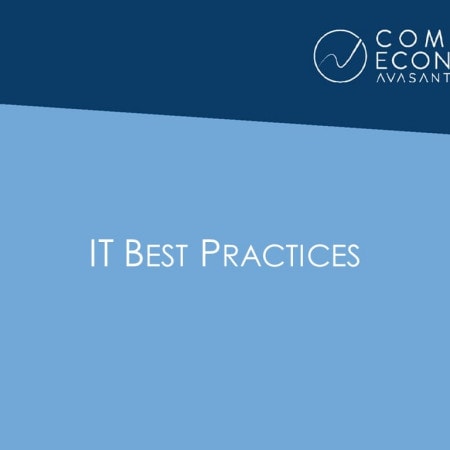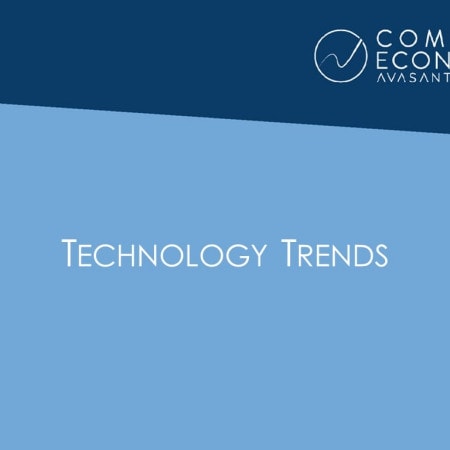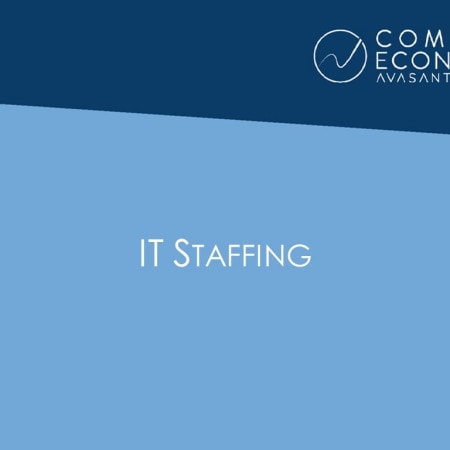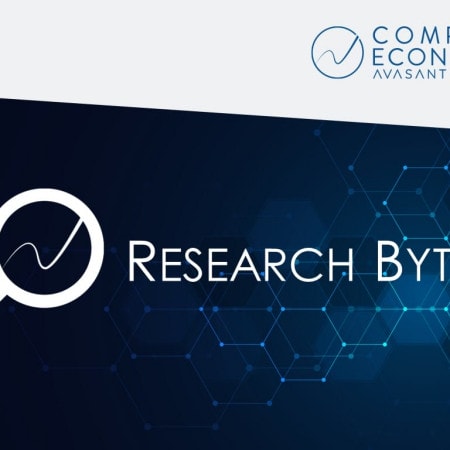-

Cyber-Law Helps and Hinders E-Commerce (Dec 2001)
Legal actions of the U.S. government, along with those of the various states, have begun to affect e-commerce, and these effects will grow in the near future as the legal status of e-commerce becomes better defined. International laws, as well, will influence how e-merchants conduct their businesses and will limit their activities.
September, 2002
-

Click on the Dotted Line: Enforceability of "Click-Wrap" Agreements (Dec 2000)
The name "click-wrap agreement" describes contracts executed online without paper or physical signatures. Instead, one party proposes the terms, and the other simply "clicks" on a button indicating agreement. Typical uses of click-wrap agreements include establishing terms for the download and use of online services or software, or acknowledging a website's terms of use.
August, 2002
-

Streaming Content Online: Navigating the Hazards (Nov 2000)
As the number of websites with streaming content grows each day, and as consumers embrace the technologies which allow access, the challenge of protecting the content from unauthorized copying must be faced. As the online world watches the Napster saga, recognition of the seriousness of the dilemma has finally dawned.
August, 2002
-

Choice of Law in Cybyerspace
For companies doing business on the Web, it has become standard to state in the website's terms and conditions of use that users who have a dispute must pursue such claims within the state in which the company is located, and pursuant to that state's laws. From the company's perspective, this makes sense, as fighting lawsuits in fifty different states, and even overseas, could prove prohibitively costly and strategically undesirable. Consumers have argued that the system is unfair, however, as it requires a user to bring a claim far from home, even for a small dispute.
August, 2002
-

Sign on the Dot-Com Line (Aug 2000)
After years of talk, electronic signatures are finally becoming a reality. A new law goes into effect October 1, 2000 which will facilitate the use of electronic signatures to secure electronic transactions. The term "electronic signature" has become the generic name for what is actually a wide variety of means of authenticating the identity of parties to a transaction. One strength of the new law is that it is broad enough to embrace the plethora of electronic signature verification mechanisms, rather than promoting the use of just one.
August, 2002
-

The Ins and Outs of Online Ads (Jul 2000)
Until now, the rule for online advertisements and disclosures was that the same basic principles of fairness and honesty which apply to other media were equally applicable online. That policy lacked any detail and did not provide any substantive guidance to online merchants and advertisers. As a result of this gray area, unscrupulous advertisers exploited the ambiguity through online practices that ranged from misleading to outright fraud. The government has intervened in severe cases, but until recently, no affirmative policy existed.
August, 2002
-

Cybersquatters Lose Ground (Mar 2000)
One of the most difficult aspects of online business is dealing with disputes over domain names. Late in 1999, ICANN, the Internet governing body, finally created a uniform domain name dispute resolution policy. The policy replaces Network Solutions' old dispute resolution policy and requires that all domain name registrants be subject to a mandatory administrative proceeding to resolve certain domain name disputes.
August, 2002
-

It’s a Jungle Out There: The New Amazon E-Patent (Apr 2000)
Hot on the heels of its controversial "One-Click" patent, Amazon.com may have struck gold again with a newly issued patent relating to its system by which other websites send its customers in exchange for a commission. These so-called affiliate programs are a common technique used among e-commerce websites to increase traffic and product sales. The new Amazon patent could prevent Amazon's competitors from using the method, or as an alternative, enable Amazon to charge a license fee for its use. A third possibility is that Amazon will be reluctant to step up to enforce the new patent for fear that a court might find the patent invalid. Amazon spokespersons have thus far declined to tip their hands as to the company's intentions.
August, 2002
-

Rethink That Link: Can a Link Be Copyright Infringement? (Feb 2000)
Website operators prize their ability to provide a list of "useful links" or even to link directly to other locations containing information which may be helpful to visitors. A recent federal court ruling in Utah, however, has created a stir regarding this right, held sacred by denizens of the Internet. In an ongoing lawsuit, the court issued a preliminary injunction barring two critics of the Mormon Church from posting on their website the Internet addresses of other sites containing unauthorized copies of a Mormon text.
August, 2002
-

Catching the Big Internet Fish: Legal Issues in Webcasting (Jan 2000)
Downloadable music formats such as MP3 may be stealing most of the headlines with regard to online music, but another wave, popularly known as "webcasting," is hitting the Internet. Webcasting, at the basic level, is like radio broadcasting, but via the Internet instead of the airwaves.
August, 2002
-

Copyright Holders: Claim Your Rights Online (Jun 2000)
One of the most frequently asked questions regarding the protection of website content is how to let users know that the author claims ownership. A popular misconception is that posting material on the Internet is tantamount to delivering it into the public domain. Such is not the case. An author of website content is entitled to the same protection under the Copyright Act as the creator of a book, magazine article, or screenplay. How does the author assert these rights? The answer lies in the legal concept of notice.
August, 2002
-

Auctioneer or Pirateer? (May 2000)
Three leading computer game companies recently filed a joint lawsuit against Yahoo! alleging that the portal is facilitating the sale of illegal and counterfeit computer games and the hardware required to run the programs, including the so-called "mod chips" which enable users to circumvent copy protection measures.
August, 2002
-

Battles Over Spam Continue
Bulk commercial email (spam) has become a common practice that is almost always an intrusion and a nuisance for the recipient. Legislators in many states have responded to the public outcry with laws designed to bring some accountability to the spammers and some recourse for the recipients.
August, 2002
-

Deep Linking Lingers On (Jun 2002)
One of the most fundamental characteristics of the Internet, perhaps the one feature which defines the vast, interconnected array of communications and computer systems, is the ability to direct users seamlessly from one point to another. That feature is generically referred to as "linking." Linking takes many forms, and depending on such factors as the content, the context, and the relationship between the two sites involved, the practice gives rise to many legal issues and several unresolved questions.
June, 2002
-

The Children’s Online Privacy Protection Act of 1998 (Jul 2000)
In June 2000 the United States Appeals Court ruled that the Children's Online Privacy Protection Act of 1998 (COPPA) was unconstitutional and violated the first amendment. There are mixed opinions about the ruling, but we suggest that all Web marketers remain in touch with the issue and understand the implications and requirements of COPPA.
May, 2002

 Grid View
Grid View List View
List View